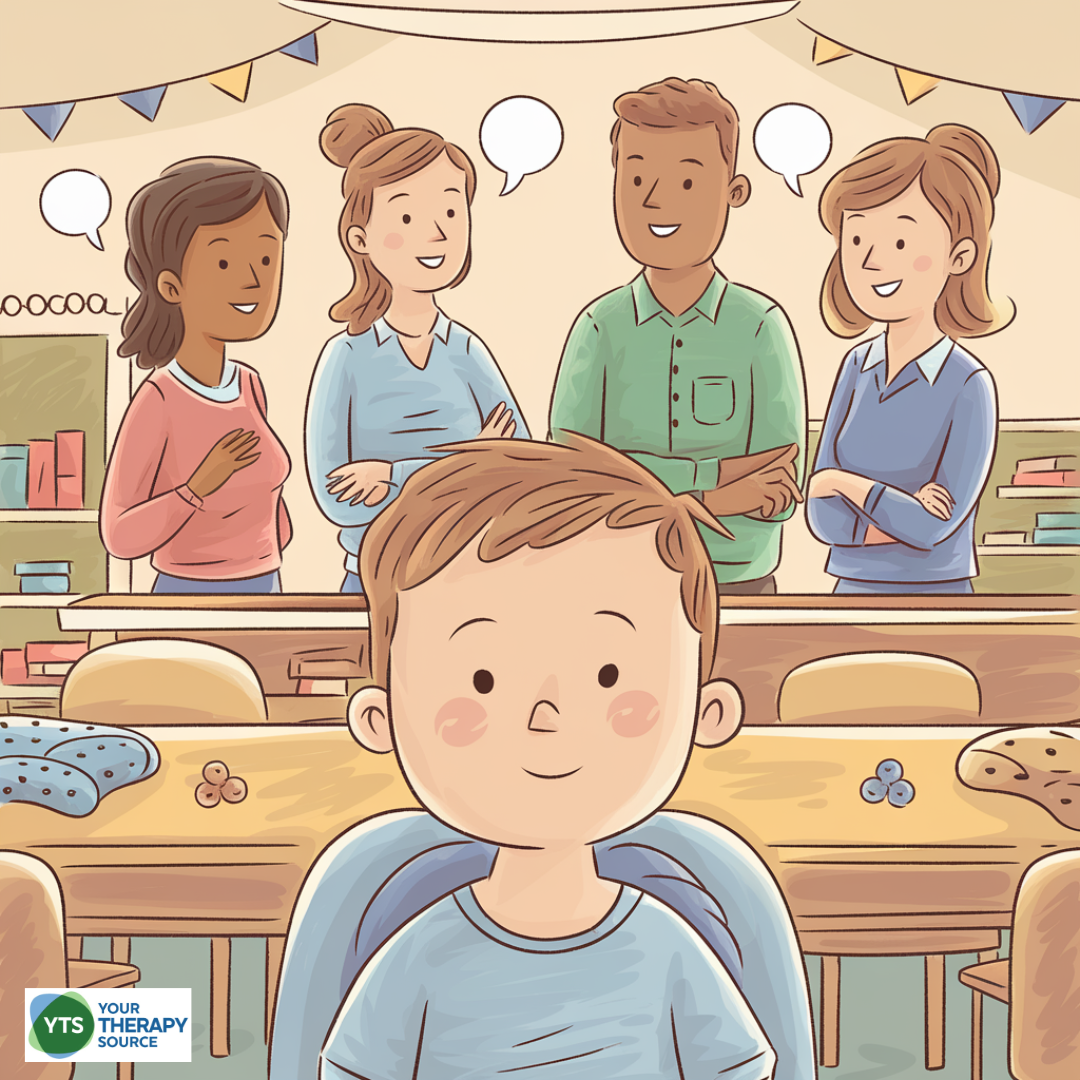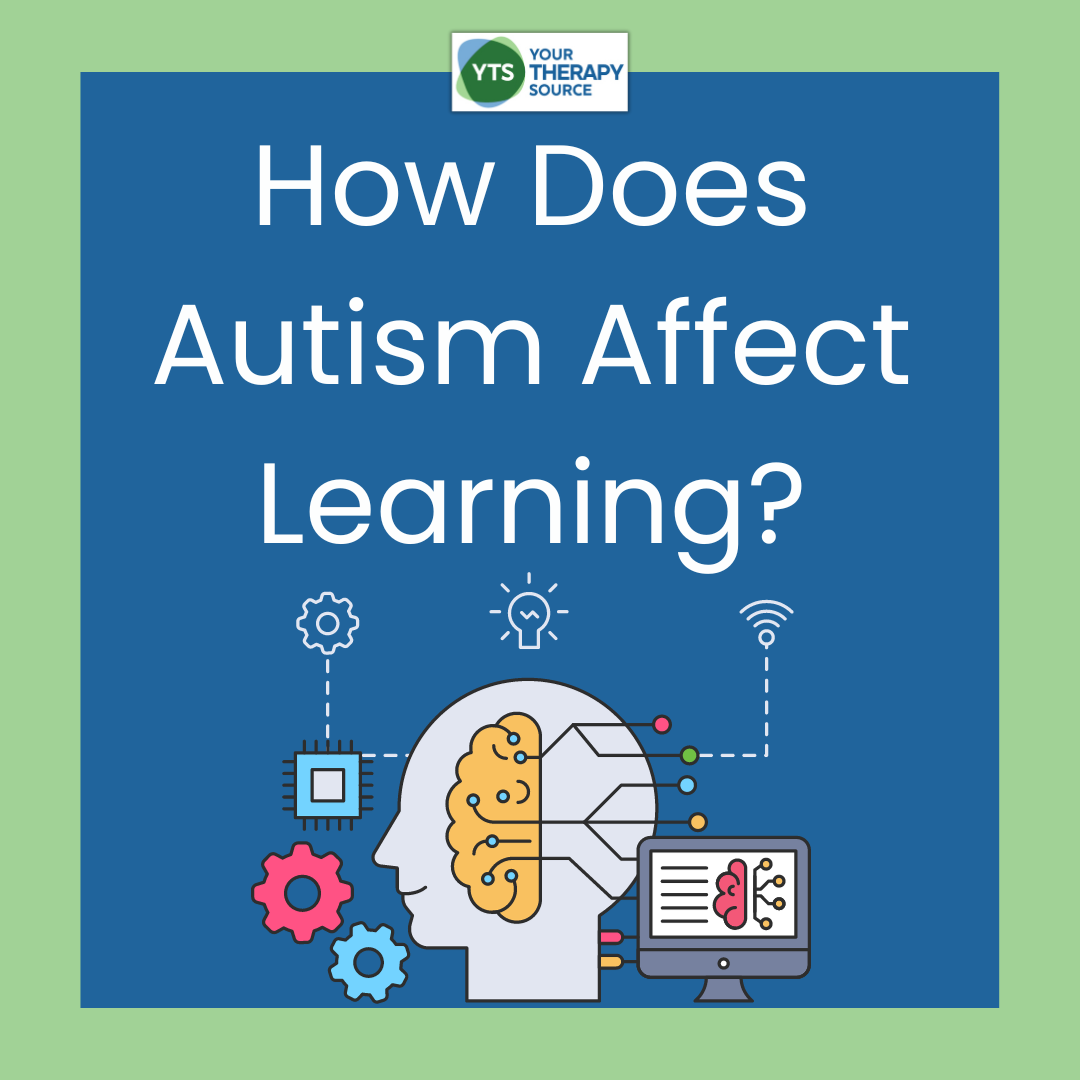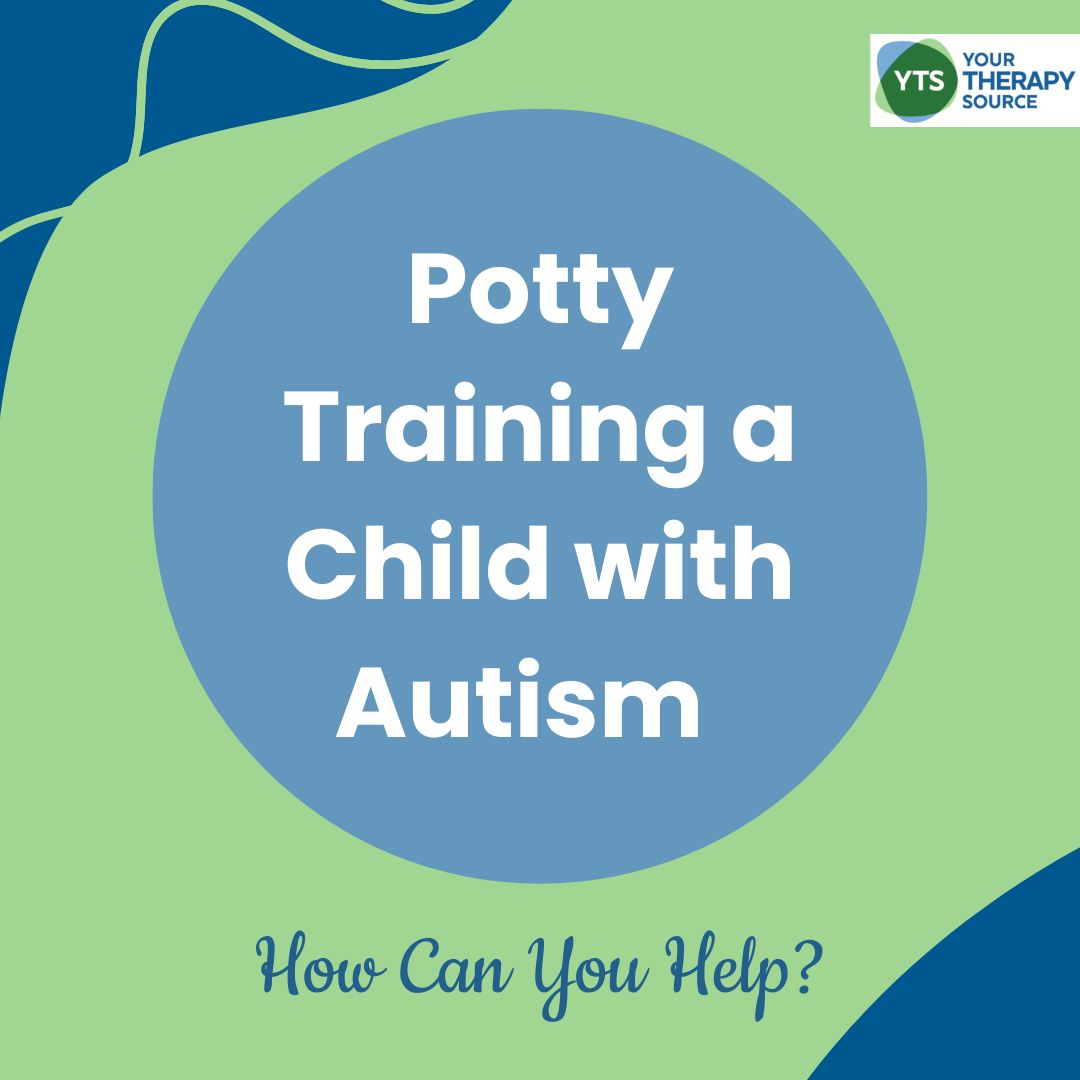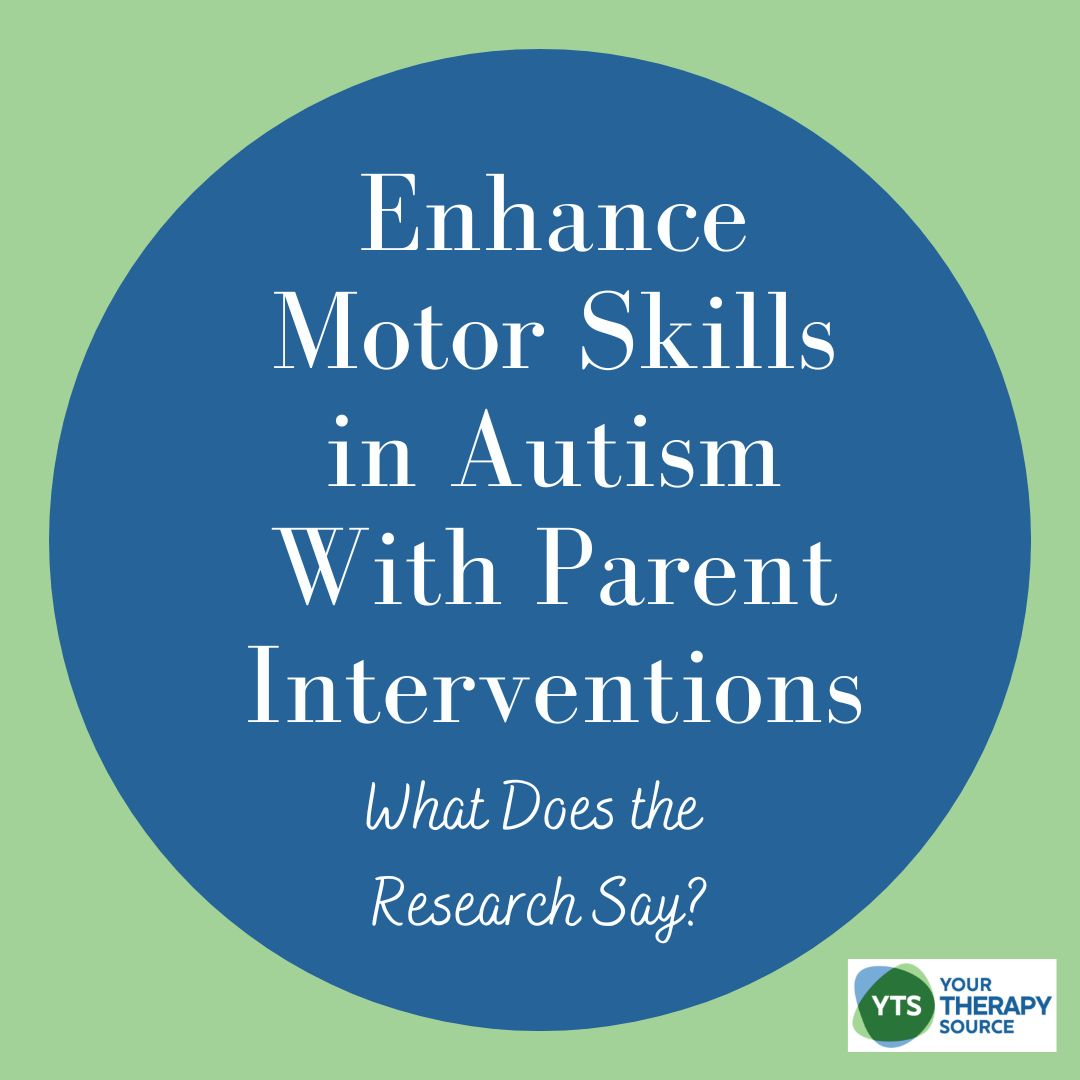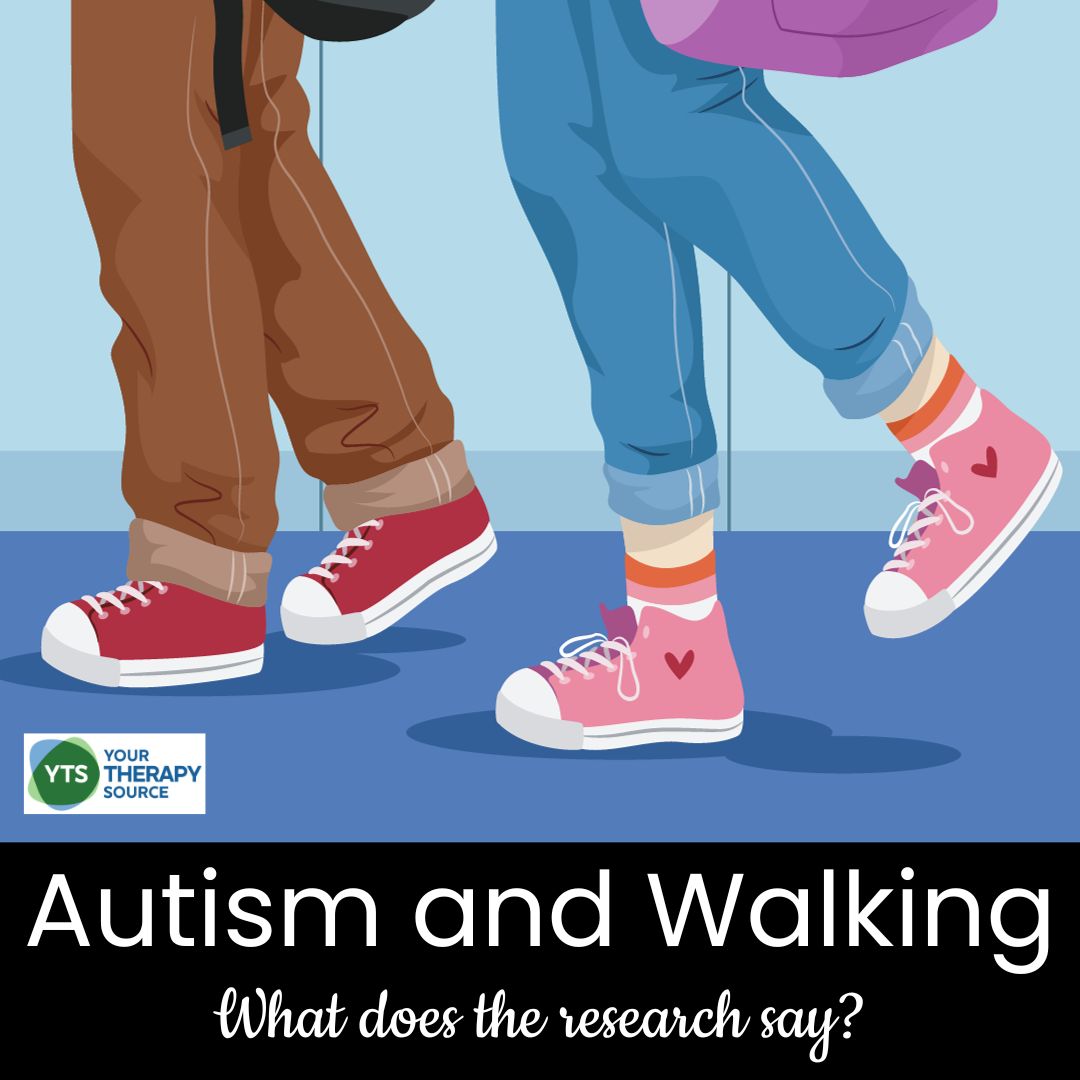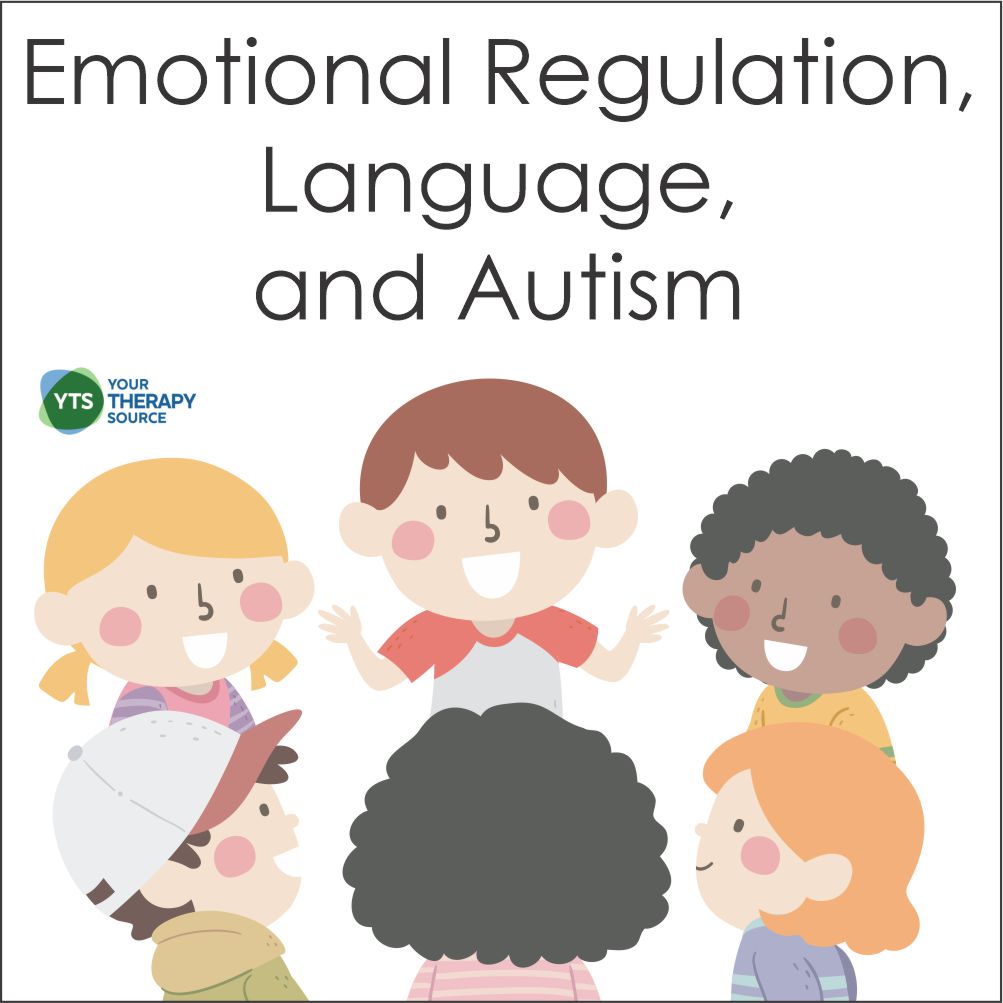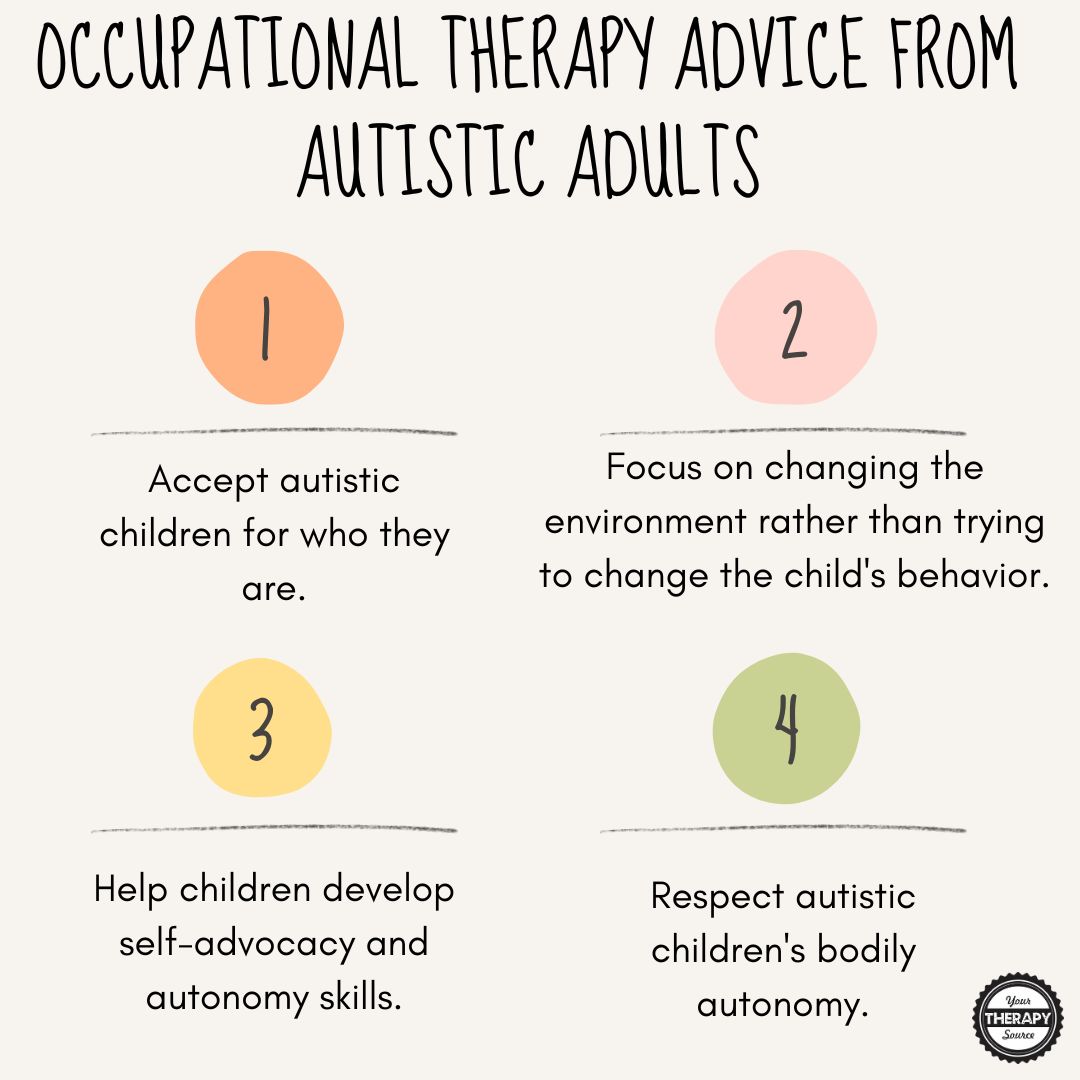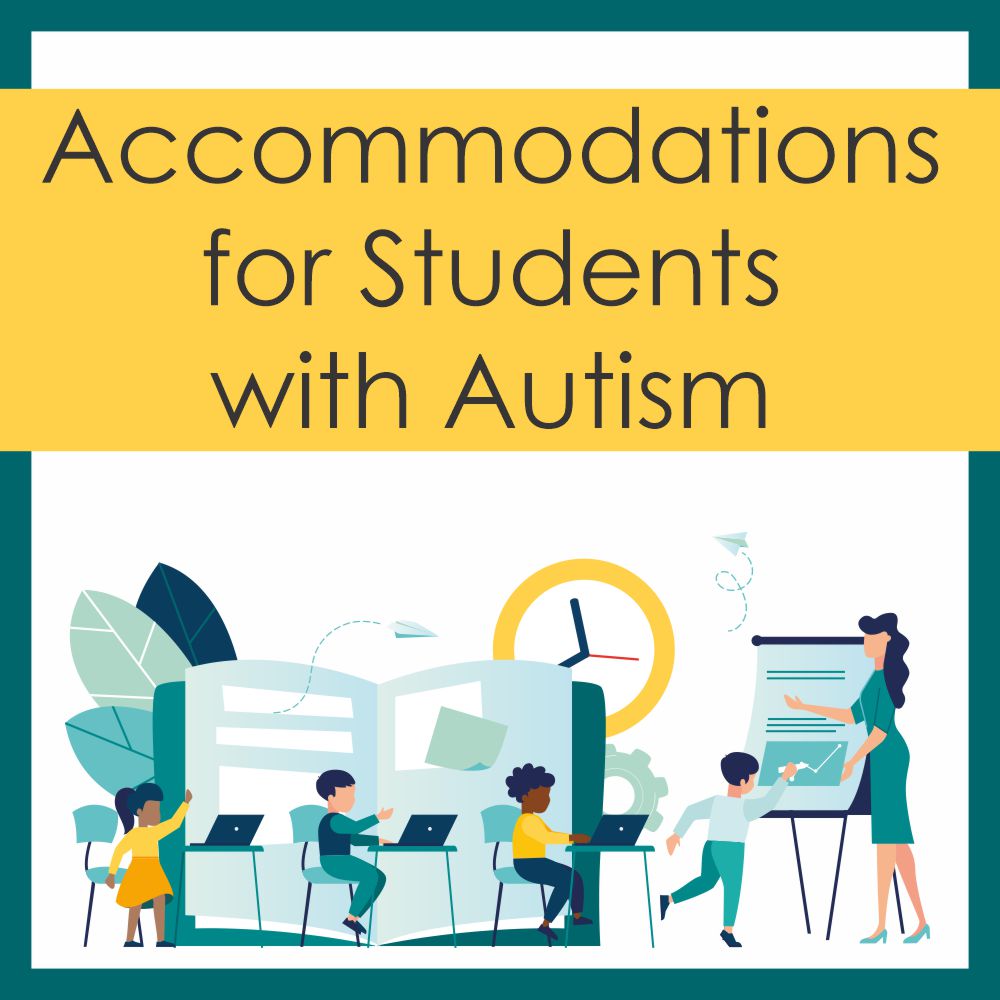Supporting Sensory Processing in Children with Autism with Collaborative Strategies
Children with Autism Spectrum Disorder (ASD) often experience sensory processing challenges that impact their interactions, daily activities, and learning experiences. By working together, parents, teachers, and therapists can create a well-rounded support system that addresses each child’s unique sensory needs. Key research on sensory processing in autism offers collaborative strategies for supporting sensory processing in […]

